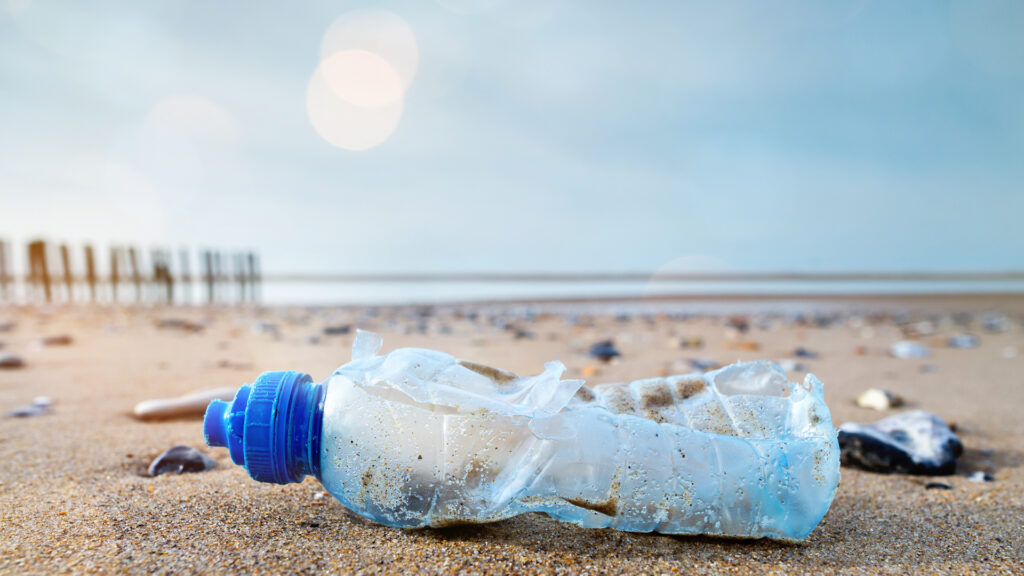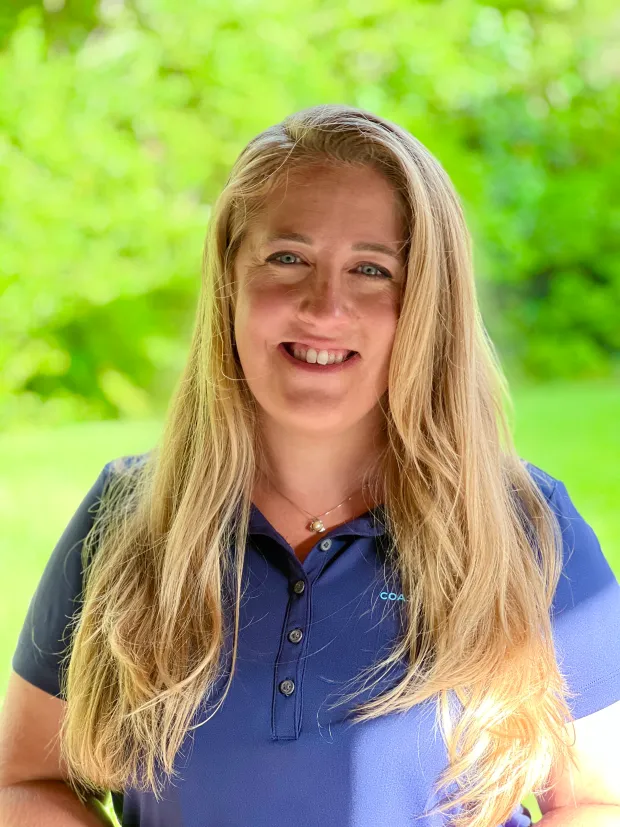By Shelby Loos and Harrison Albert, Coastal Stewards
In late October, a rare Gervais’ beaked whale washed up on a North Carolina beach. The 11-foot marine mammal had swallowed a plastic balloon, which obstructed its digestive passage, a dire situation. Unfortunately, the animal died soon after.
A Coastal Stewards team member was involved in the necropsy of a stranded dolphin calf and found its stomach filled with plastic. Shockingly, one piece of plastic was marked with the logo of an Indiana retailer, demonstrating how even plastic produced in the middle of the country can make its way to the oceans.

Unfortunately, throughout Florida, countless manatees are suffering from chronic fishing line entanglement and plastic ingestion. Plastic ingestion results in a very sick animal that has to spend time in a specialized manatee critical care facility for treatment. Fishing line will commonly wrap around their foreflippers. After the initial entanglement, the resulting wound and indented scar predispose the manatee to becoming repeatedly entangled throughout its often unnaturally shortened life.
In South Florida, we see over and over again the horrific effects of plastic in the stomachs of sea turtles. In fact, according to an August 2020 research report published in Frontiers in Marine Science, a marine and freshwater biology journal, 90% of loggerhead hatchlings found in Florida waters have swallowed plastic already in their early life.
Yet, starting this month, of the 13 states across the country that will be banning the use of plastic carryout bags — according to the Retail Industry Leaders Association — Florida is not included. The frustrating fact is, in Florida, it is illegal for any local jurisdiction to ban plastic or polystyrene (also known as Styrofoam).

The problem, however, goes beyond Florida’s shores. According to the United Nations Educational, Scientific and Cultural Organization (UNESCO), there are about 50-75 trillion pieces of plastic and microplastics in the ocean today. Microplastics are tiny particles of plastic that can be easily eaten by marine animals. The majority of plastic pollution in the ocean is caused by littering, specifically the improper disposal of food wrappings, plastic bags, bottles, etc. According to UNESCO, plastic waste makes up 80% of all marine pollution. Estimates from UNESCO also state that around 8-10 million metric tons of plastic end up in the ocean each year.
These dangerous particles are entering the food chain and leading to disastrous consequences for the health of our planet and all its inhabitants. A recent study of ocean microplastics by scientists from Duke University found that 68% of the animals researched had at least one microplastic particle inside its body.
Unfortunately, the presence of plastic in our ocean is continually increasing. Today, plastic pollution is still one of the main causes of negative environmental impacts, health problems for humans and animals alike, and a leading cause in the destruction of Earth’s diverse ecosystems. Research from UNESCO states that by 2050, plastic will likely outweigh all fish in the sea.

It’s one thing to read the research and statistics, but it is another to see the actual impact. The prevalence of plastic and microplastics in the bodies of sea turtles, dolphins, whales, birds and other animals is truly shocking.
As professional marine conservationists, we see the direct impact human behaviors have on our coastal environment and marine life every single day. We are committed to doing everything we can to help, educate the public, and provide solutions to fix the problem. If we don’t change our actions and behaviors today, it’s the future generations that will suffer.
Every person can help. Here’s how:
- Calculate and understand how much plastic you use on a daily basis. Being aware of your consumables is the best first step.
- Say no to plastic bags and bring your own reusable bag to the grocery store. Regardless of Florida law, we can all do our part by not using plastic bags.
- Carry a reusable water bottle with you and recognize the types of containers your fluids are coming in. Recycle plastic bottles once they are used.
- Make a conscious effort or resolution to use less plastic. Then promote and share your concerns and changes with others.
Dr. Shelby Loos is the director of marine life conservation for Coastal Stewards, an environmental organization that runs sea animal rehabilitation efforts at Gumbo Limbo Nature Center in Boca Raton. Dr. Harrison Albert is the organization’s science and education officer. Learn more at gumbolimbo.org.
This opinion piece was originally published by the Sun Sentinel, which is a media partner of The Invading Sea. If you are interested in submitting an opinion piece to The Invading Sea, email Editor Nathan Crabbe at ncrabbe@fau.edu. Sign up for The Invading Sea newsletter by visiting here.



